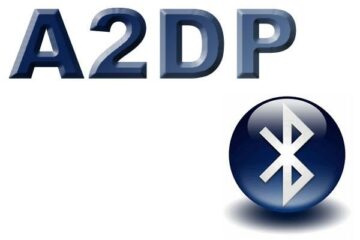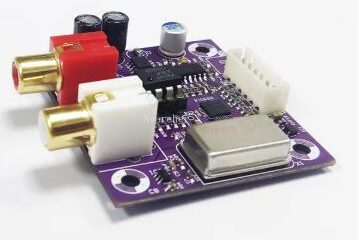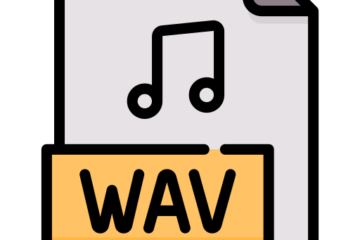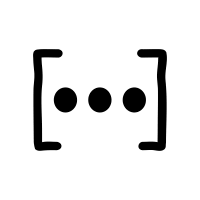Arduino
ESP32-A2DP: Redesigning the I2S output
I am providing a Bluetooth A2DP audio library for the ESP32, which can receive audio from a Bluetooth Source (e.g. a mobile phone) and play it via the I2S API provided by the IDF framework. Unfortunately Espressif has decided to go for a completely new I2S API which means that my integration needs to be rewritten. For quite some time now, I am supporting this new API via my AudioTools library, and I was considering Read more…








